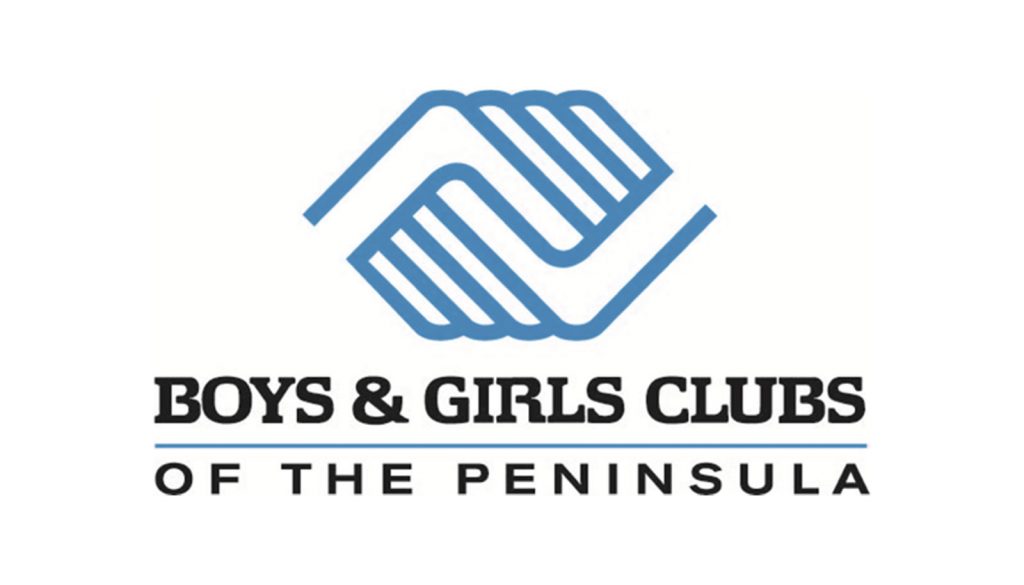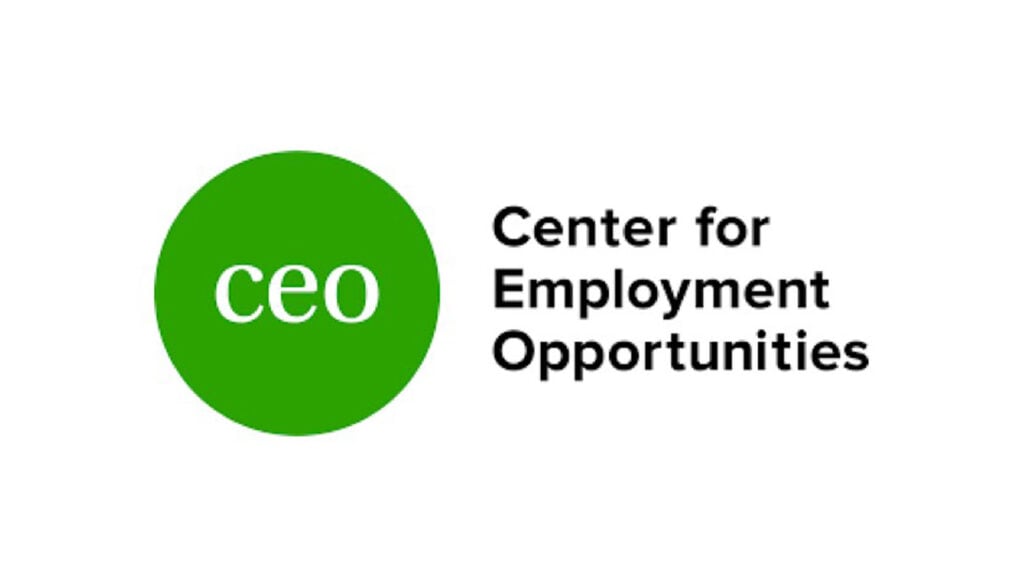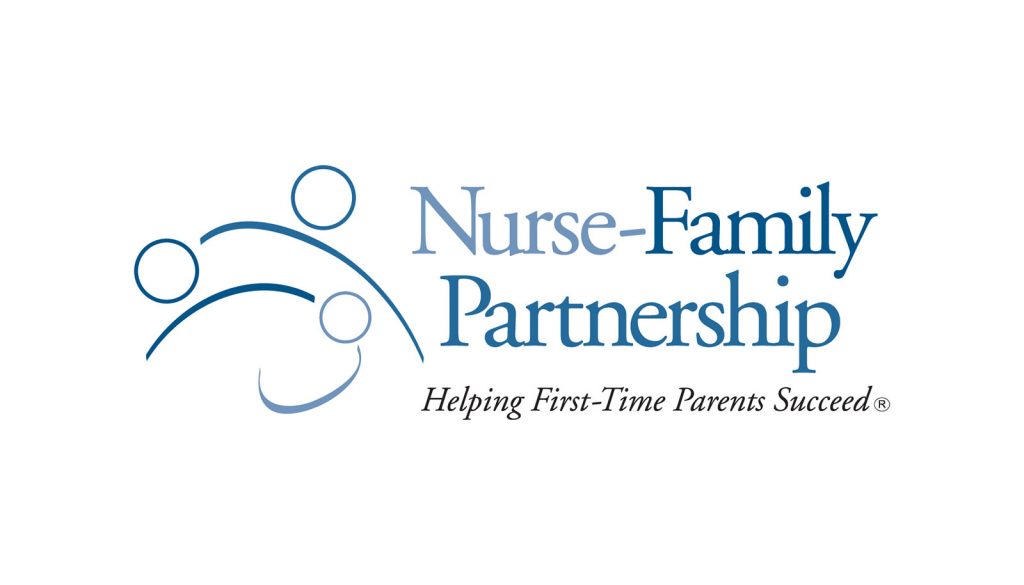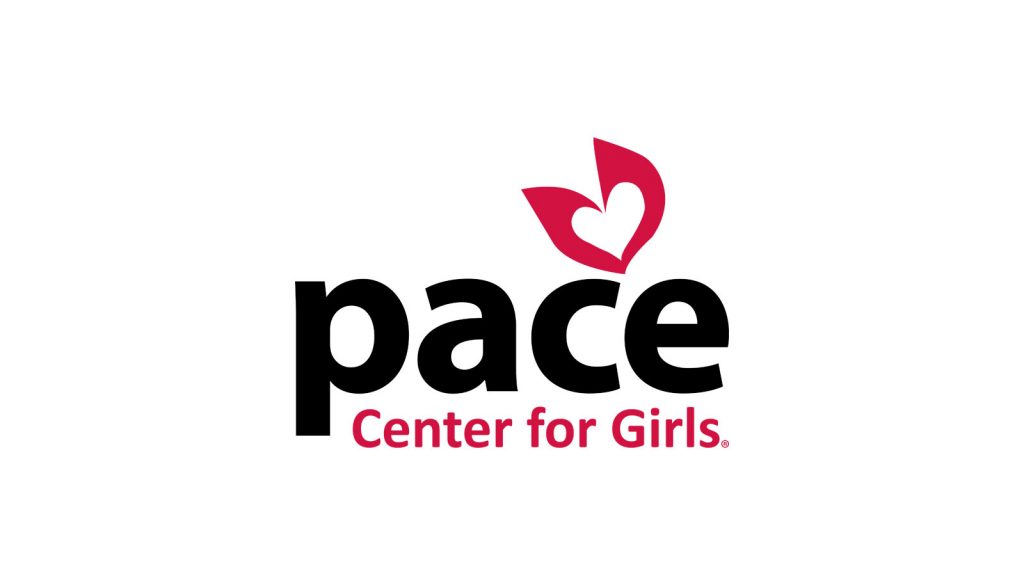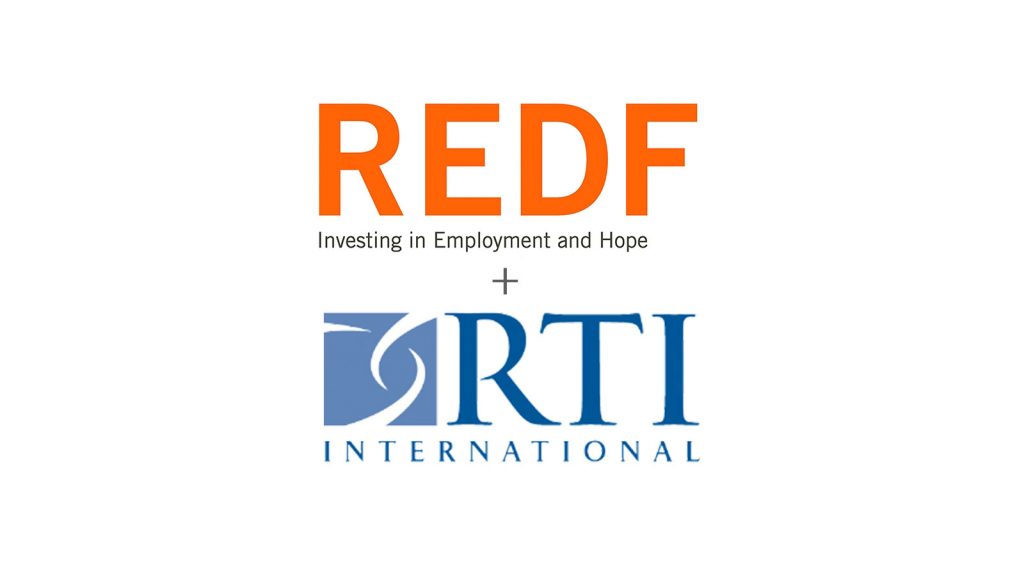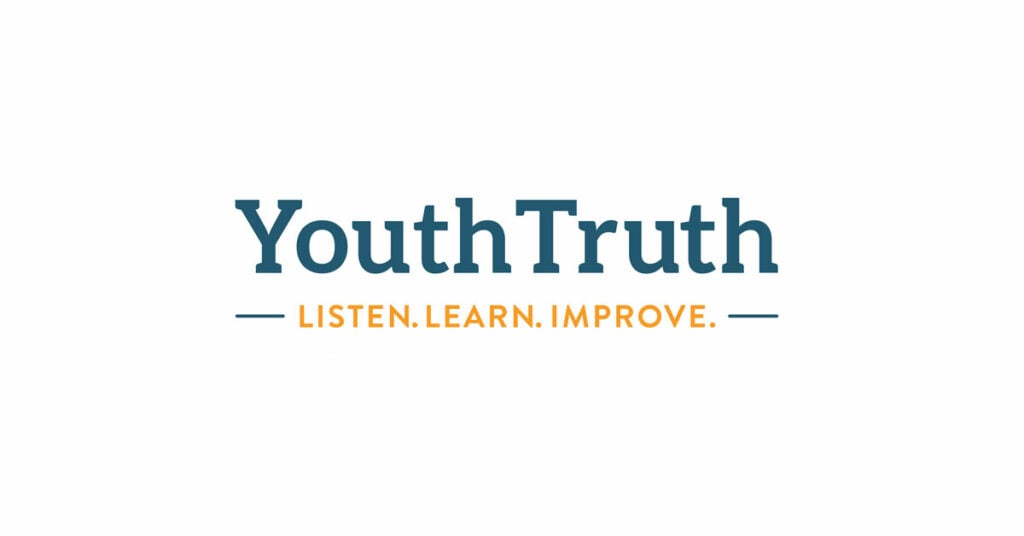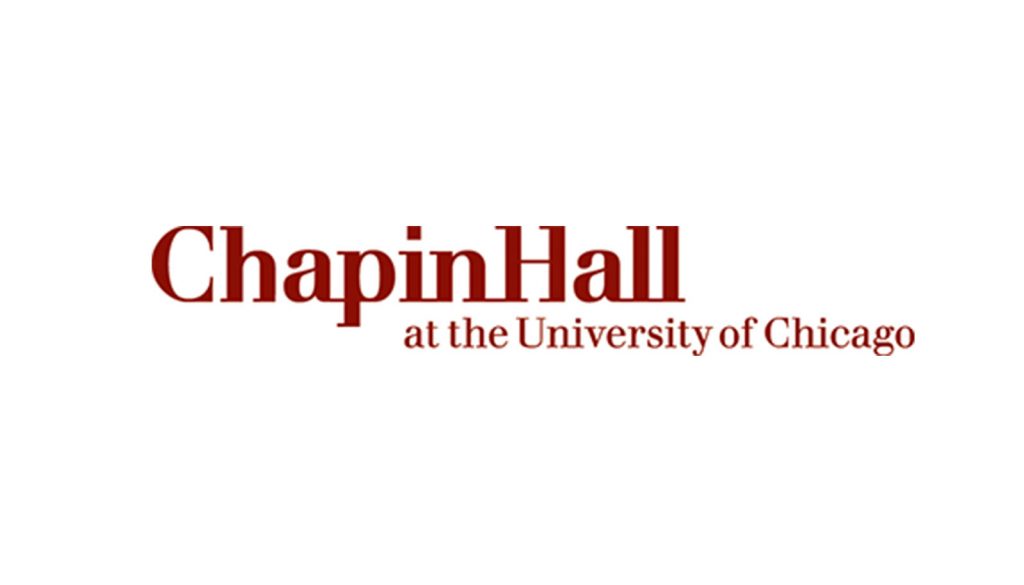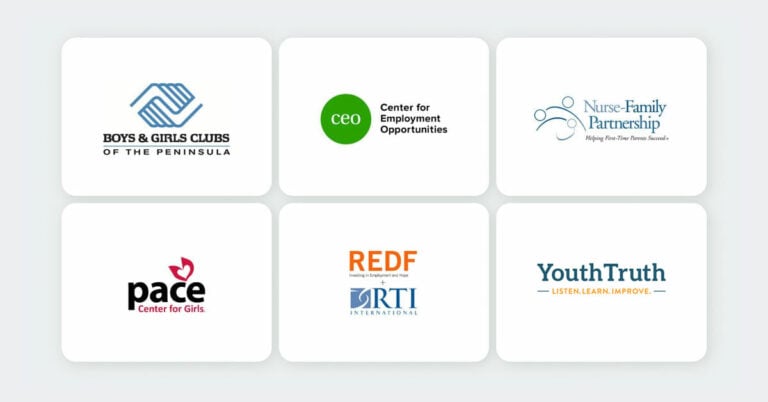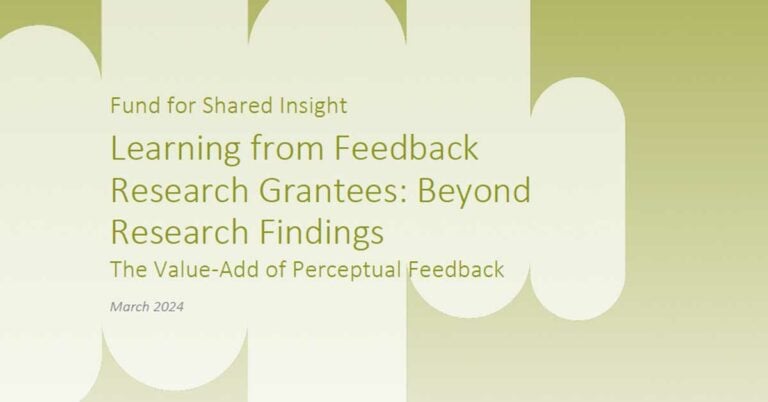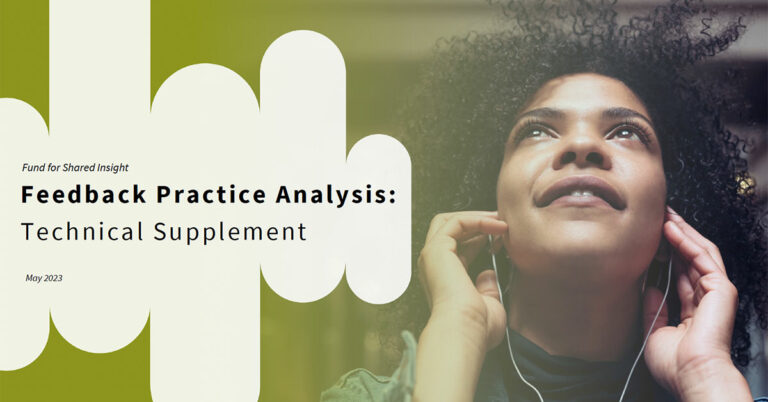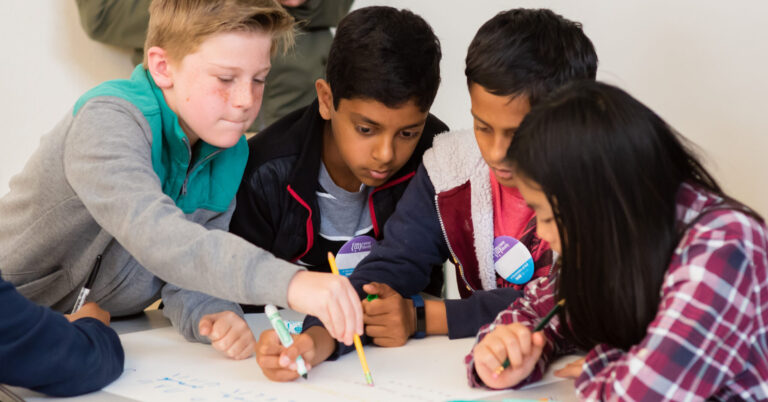Feedback Research
Our feedback approach is rooted in research
One of Shared Insight’s bedrock beliefs is that If philanthropy and the social sector integrate high-quality feedback into their work, it will lead to better outcomes for the people and communities we seek to serve. So from the start, we have asked the question: Is there evidence of a relationship between feedback and outcomes for individuals served by nonprofits?
The answer from our partner organizations and researchers: Yes!
With the findings from six organizations that received our research grants (Boys & Girls Clubs of the Peninsula, Center for Employment Opportunities, Nurse-Family Partnership, Pace Center for Girls, REDF, and YouthTruth), we now have evidence that:
- Gathering and responding to high-quality perceptual feedback correlates with better outcomes for individuals; and
- The act of implementing high-quality perceptual feedback loops in and of itself can lead to better outcomes.
This body of research — the first of its kind in the United States — builds the case for nonprofits to include participant voice in their program planning, execution, and evaluation. It demonstrates that through feedback, direct-service organizations can gain a deeper understanding of how well their programs are serving participants, and be able to make real-time adjustments that increase the likelihood participants gain positive outcomes in the future.
Our other research grantees (CalYouth working with Chapin Hall at the University of Chicago, Innovations for Poverty Action, and Feeding America working with the Urban Institute) have also done work around feedback, including studying best practices for collecting feedback and closing the loop with those who offer their input.
Along with the research grants, we regularly convene the portfolio of research partners and are providing financial support to help the organizations promote their findings. Additionally, we have engaged the Equitable Evaluation Initiative, led by Jara Dean-Coffey, to advise the Shared Insight team as it builds on its expertise with high-quality feedback and listening to more fully and explicitly reflect and advance equity principles and practices.
Related Items
- Penny Huang
- Fund for Shared Insight
- Juan Clavijo and Scott Campanario
